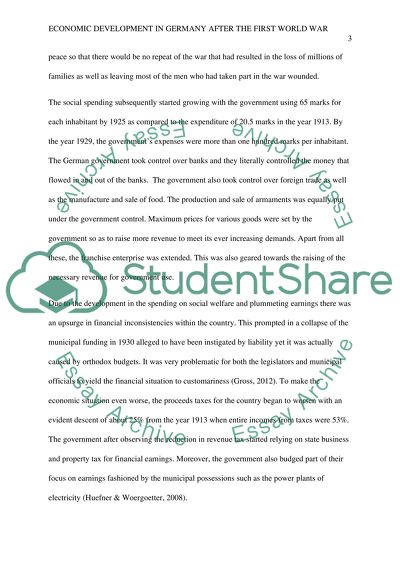Cite this document
(“Economic development in Germany after the First Word War (between 1919 Essay”, n.d.)
Retrieved from https://studentshare.org/history/1697651-economic-development-in-germany-after-the-first-word-war-between-1919-and-1933
Retrieved from https://studentshare.org/history/1697651-economic-development-in-germany-after-the-first-word-war-between-1919-and-1933
(Economic Development in Germany After the First Word War (between 1919 Essay)
https://studentshare.org/history/1697651-economic-development-in-germany-after-the-first-word-war-between-1919-and-1933.
https://studentshare.org/history/1697651-economic-development-in-germany-after-the-first-word-war-between-1919-and-1933.
“Economic Development in Germany After the First Word War (between 1919 Essay”, n.d. https://studentshare.org/history/1697651-economic-development-in-germany-after-the-first-word-war-between-1919-and-1933.


